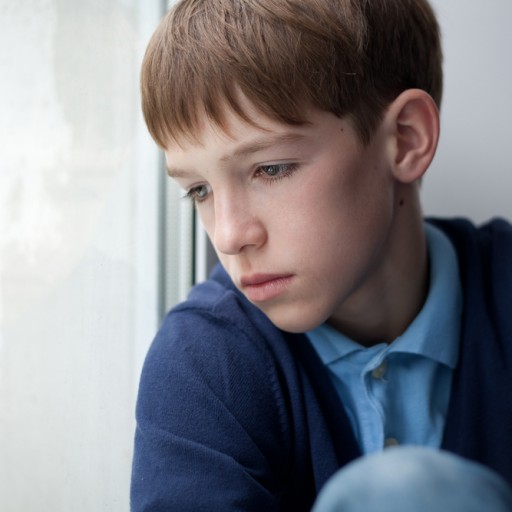It is important that everyone in the family has a chance to express their feelings about what is happening in the house, writes Richard Hogan
TEENAGE mental health has received a lot of media attention recently.
There has been debate about how best to promote our children’s mental health and what strategies parents should utilise. And this has been positive.
Traditionally, the mental health of our children was something that we kept to ourselves, for fear it would reflect badly on the family or invite social stigma.
Thankfully, we have moved away from such a linear view of mental distress. However, parents of children who are going through a negative mental health experience can often find themselves isolated and in conflict with each other.
And this has gone relatively unspoken about in the media: what is it like for parents of children struggling with mental health issues? What are the challenges they face, as they try to help their child?
In my experience, parents generally come to therapy because they finally realise they can no longer carry on living with their child. There is a tangible fear in the room that their child might do something negative to themselves or to the family. An event may have triggered the family in accessing the service.
So, the family is in crisis. And everyone is in a heightened sense of alarm. And, in some cases, rightly so. I often wonder how the family has functioned up until this point. What toll must this stress have taken on the couple? And how has this fed into the family?
Parents of children experiencing a difficulty like this often find themselves in conflict with each other, because their competencies are being tested daily. I had a family come to me because their child was causing chaos. The child had been in and out of different services for a number of years and was very troubled. His relationship with his father had dramatically deteriorated, so much so he would not eat in the same room as him. He had become fixated on his father. Therefore, the father had begun to eat on his own and avoided the sitting room, because his son wouldn’t watch TV in his company.
The family had split into little subsystems to keep the overall system from collapsing. But the parents’ relationship was very strained. The father felt that he had been allowed to become isolated in the family. This had put huge strain on the relationship between the father and mother. In the first session, the father, through tears, discussed the fact that he felt he needed to move out for everyone’s peace of mind.
The strain he was under was unbearable. This came as a huge shock to his wife, because they had never had a conversation directly about what they were experiencing. I find we are very good, in this country, at providing help for the child in crisis, but what about the parents? I have observed how the other family members can get lost, while everyone rallies around the child.
This can cause resentment among the other siblings, as they become increasingly frustrated with their brother or sister for visiting such stress on the family.
And this can cause a further stressor on the family system.
So, it is important that everyone in the family has a chance to express their feelings about what is happening in the house.
It is of paramount importance for the couple to support one another, during a challenging time like this. It is impossible to truly support your child if you do not support each other.
When a couple begin their relationship, they very rarely consider how the ecologies they were reared in will impact on the way they behave in that relationship. But we all bring our family of origin with us into every new relationship we forge. And when we are catapulted into an extremely difficult challenge — like that of our child’s mental health issue — we tend to fall back on those early models of behaviour we received, or didn’t receive, from our family of origin.
These fixed models of behaviour can cause huge strain on the family, as both parents try to reconcile the significant difference between their approaches to parenting. Parents must also seek out professional help. Acknowledging that they are in a situation beyond their competencies and experience is an important step to easing tension in the house.
Your child’s mental issue is complicated and it requires the entire family to support one another.
Coming back from a major mental health experience can be a long, sinuous road, with many setbacks.
However, with love and support, your child will emerge out of the experience.
Parents need to be patient, but also listen to each other’s concerns. And parents also need time to be together, free from the issue. The difficulty will more than likely resolve, but you must not allow yourselves to get lost in that process.
If you are experiencing these issues please contact:
- Yourmentalhealth.ie
- www.reachout.com
- www.verywellmind.com/support-groups-for-parents-of-troubled-teens-2610390
Richard Hogan is a school teacher, systemic family psychotherapist, and father of three.




